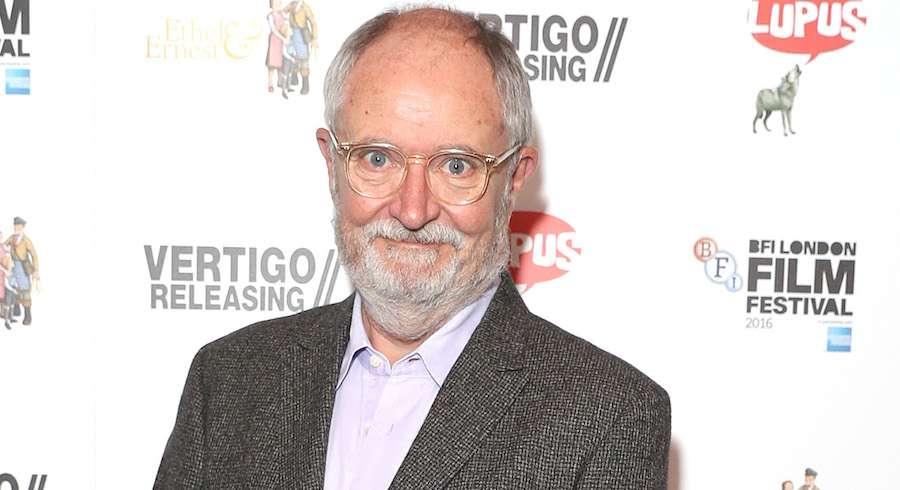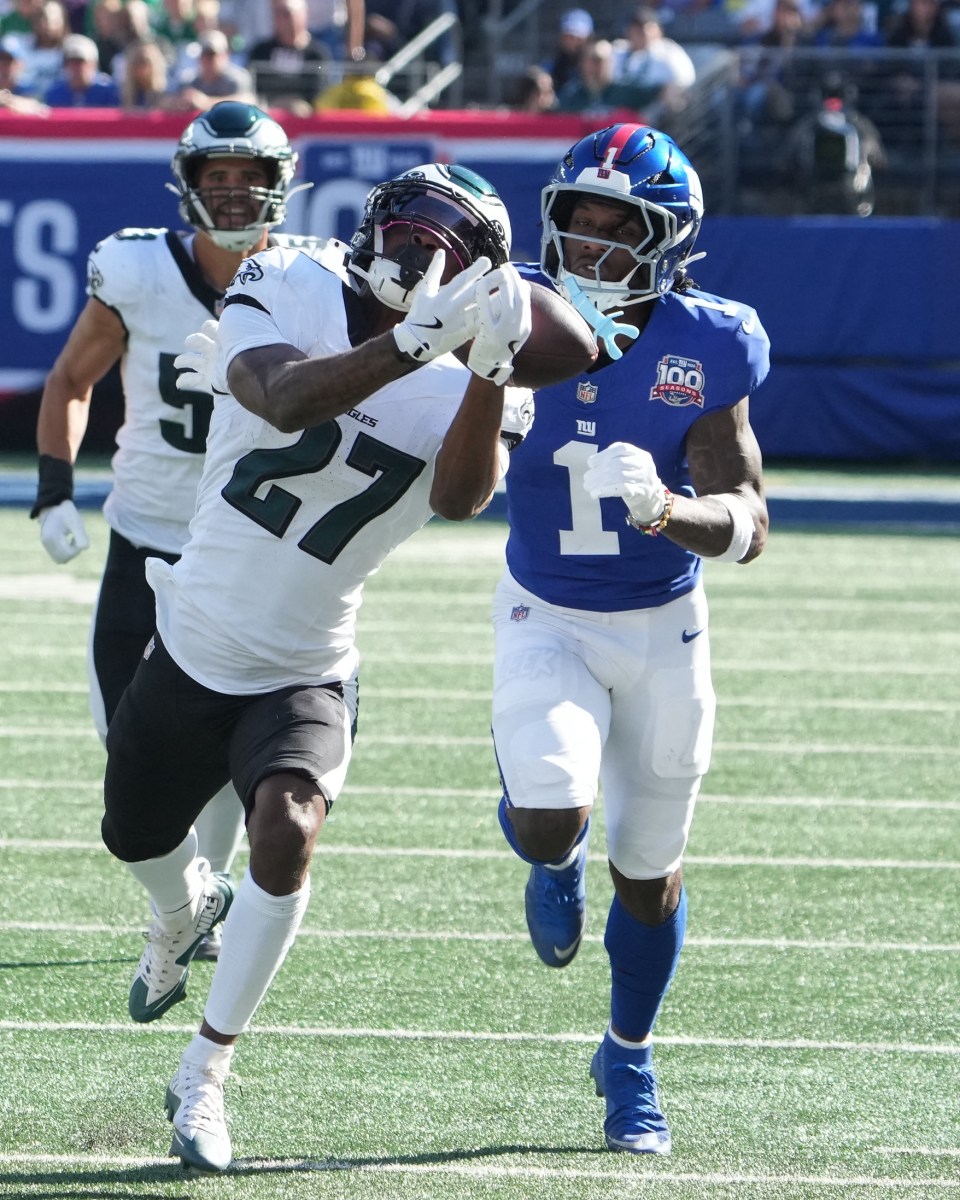Jim Broadbent’s memories of winning an Oscar are a little fuzzy. It was 2002, and the acclaimed English actor won Best Supporting Actor for “Iris,” in which he played the older version of writer John Bayley opposite Judi Dench, as novelist Iris Murdoch. (Future “Downton Abbey” star Hugh Bonneville and Kate Winslet played their younger selves in flashbacks.) Then again, who needs a memory? There is video of it, right there on YouTube. “I’ve never watched that,” Broadbent says, chuckling. “I think I’d probably be embarrassed to see it again. Quite a lot of that has to do with how I forgot to thank two of the producers during my acceptance speech. I don’t like to remind myself of that.” Broadbent is a man of many faces. He can be over-the-top, as in “Moulin Rouge!” He can be lovable, as the dad of the “Bridget Jones” films. And he can be gritty; he’s made four theatrical features with the legendary British realist Mike Leigh. (That includes our favorite Broadbent turn: the former half of operetta gods Gilbert and Sullivan in 1999’s “Topsy-Turvy.”) The real Broadbent, though, is shy, quiet, modest almost to a fault. His sentences trail off, and they’re filled with nervous chuckles. When you get him going, though, he can be philosophical and insightful, and very honest about life and about himself. You get the sense that he takes a diversity of roles to explore how everyone else lives. RELATED: Interview: John Goodman on “Kong” and its anti-Trump joke So it goes with “The Sense of an Ending,” a too-rare film with Broadbent at the center. He plays Tony Webster, a retired divorcee who flashes back to his youth when he learns about the passing of an old acquaintance. He starts to reflect on a life of regrets, of failures, some of them romantic, all while chatting with (and sometimes bothering) his ex-wife (Harriet Walker) and an old flame (Charlotte Rampling). Based on the novel by Julian Barnes, it deals a hero who hasn’t gained much confidence with age. “He’s actually not really grown up,” Broadbent says. “A lot of us older people who like to think we’re mature and grown-up and know what we’re about, I think we’re still anxious and vulnerable and as arrogant and flawed as when we were 20. We just get better at disguising it, really. We become better at editing our life and behaving, supposedly, properly. But we’re still as complicated as we were when we were students, in many ways.” That’s a feeling some of us suspect is true even as early as in our 30s. “I’m constantly astonished that I’m 67 years old and approaching 70. I think I’m just starting to think maybe somewhere down the line I’ll get the hang of things. You never feel you’ve gotten there, that you’ve achieved any sort of wisdom. “Sorry to lay that on you,” he adds, chuckling again.
As you can tell, “The Sense of an Ending” is the too rare film about aging that doesn’t treat older people with kid gloves, like, say, the “Exotic Marigold Hotel” comedies.
“It might appear on the outside that this is a film aimed at the older public,” Broadbent explains. “But I don’t think it’s about that. It doesn’t focus on them being older. It focuses on who they are now and what their current struggles are, not the fact that they’re closing down. They’re still struggling with life as it is. It’s certainly not patronizing to older people.” That’s clear watching the film, which features one dynamic performance after another from its older crew, especially Rampling. As Veronica, one of Tony’s first loves, the legend is as icy and unreadable as ever, and when Broadbent had to perform their characters’ prickly reunions, that only helped his game. “I wouldn’t say she’s intimidating, but she certainly has a strong presence which was very useful. It made acting his complicated relationship with Veronica very easy,” he remembers.
Like “Iris,” this is a film where another actor plays Broadbent as a young man. Billy Howle takes the reins during the flashbacks, just as Hugh Bonneville had done in the earlier film. He remembers that Bonneville, a good friend, had a “pretty good impersonation of me up his sleeve.” We’re not sure how one does a Broadbent impersonation — which Broadbent do you choose? — but he recalls a time when a comedian he knew left a message on his voicemail in his voice. “I listened to it and thought it was me,” he remembers, laughing. “I couldn’t remember leaving the message, but it sounded exactly like me.”
Jim Broadbent on ‘The Sense of an Ending’ and the time he won an Oscar

Getty Images
Follow Matt Prigge on Twitter @mattprigge
























